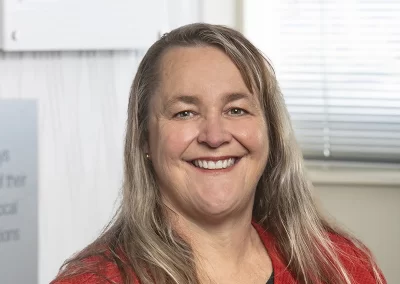The amount of money that can be transferred to a tax-free retirement account will increase to $2m on 1 July 2025.
The transfer balance cap – the amount that can be transferred to a tax-free retirement account – is indexed to the Consumer Price Index (CPI) released each December. If inflation goes up, the general transfer balance cap (TBC) is indexed in increments of $100,000 at the start of the financial year.
In December 2024, the inflation rate triggered an increase in the cap from $1.9m to $2m.
Everyone has an individual transfer balance cap. If you have started a retirement income stream, when indexation occurs, any increase only applies to your unused transfer balance cap.
If you are considering retiring, either fully or partially, indexation of the transfer balance cap provides a one-off opportunity to increase the amount of money you can transfer to your tax-free retirement account. That is, if you start taking a retirement income stream for the first time in June 2025, your transfer balance cap will be $1.9m but if you wait until July 2025 your transfer balance cap will be $2m, an extra $100,000 tax-free.
If you are already taking a retirement income stream, indexation applies to your unused TBC – so, you might not benefit from the full $100,000 increase on 1 July 2025.
Where can I see what my cap is?
Your superannuation fund reports the value of your superannuation interests to the Australian Taxation Office (ATO). You can view your personal transfer balance cap, available cap space, and transfer balance account transactions online through the ATO link in myGov.
Want to Know More About Superannuation?
Bentleys Newcastle has an extremely knowledgeable Self-Managed Superannuation Fund (SMSF) Administration team headed by our SMSF specialist, Kim Phillips, who many clients have already spoken to.
Together with our Bentleys Newcastle Wealth Financial Planning team, headed by Laurence Poulter, we have a wealth of knowledge and understanding to assist you with your retirement planning strategies or questions.
Our team is always available to discuss your concerns.
Latest Articles & Insights
FBT 2025: What you Need to Know
The Fringe Benefits Tax (FBT) year ends on 31 March. We’ve outlined the hot spots for employers and employees. FBT Exemption for Electric cars Employers that provide employees with the use of eligible electric vehicles (EVs) can potentially qualify for an...
Ban on Foreign Property Purchases
The Government has announced a temporary ban on investors buying established homes between 1 April 2025 to 31 March 2027. The measure aims to curb foreign “land banking.” From 1 April 2025, foreign investors (including temporary residents and foreign-owned...
Is there a problem paying your super when you die?
The Government has announced its intention to introduce mandatory standards for large superannuation funds to, amongst other things, deliver timely and compassionate handling of death benefits. Do we have a problem with paying out super when a member dies? ...
Will credit card surcharges be banned?
If credit card surcharges are banned in other countries, why not Australia? We look at the surcharge debate and the payment system complexity that has brought us to this point. In the United Kingdom, consumer credit and debit card surcharges have been banned since...
Why the ATO is Targeting Babyboomer Wealth
Succession planning, and the tax risks associated with it, is our (the ATO’s) number one focus in 2025.
Tax and tinsel Q&As
What can I do to make the staff Christmas party tax deductible or tax-free? Not have one? Ok, seriously, it’s likely that you will pay tax one way or another; it’s just a question of how. If you structure your celebrations to avoid fringe benefits tax (FBT), then you...



